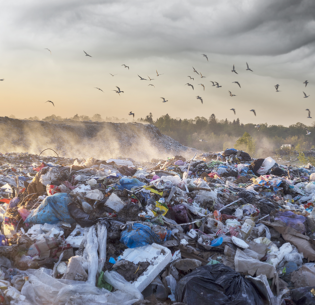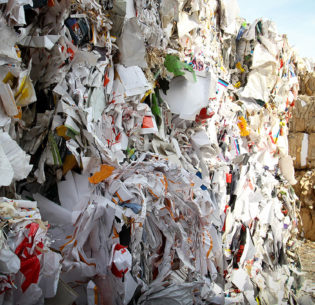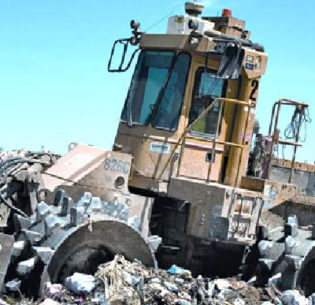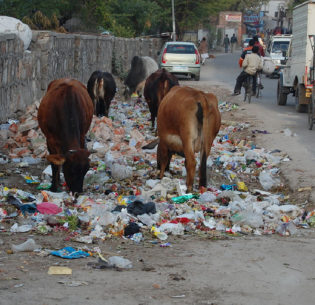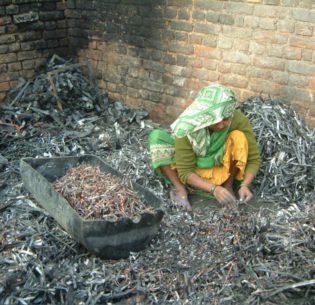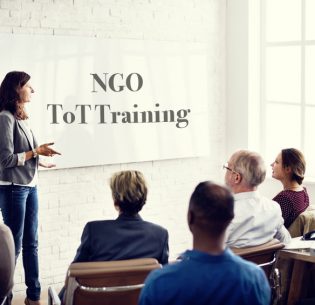While the world produces billions of tonnes of rubbish every year, it is estimated that only 16% of this is recycled while a massive 46% is disposed of unsustainably. As the amount of waste they produce increases, countries do not have the appropriate systems in place and are struggling to deal with the efficient collection and disposal of waste.
+Read More